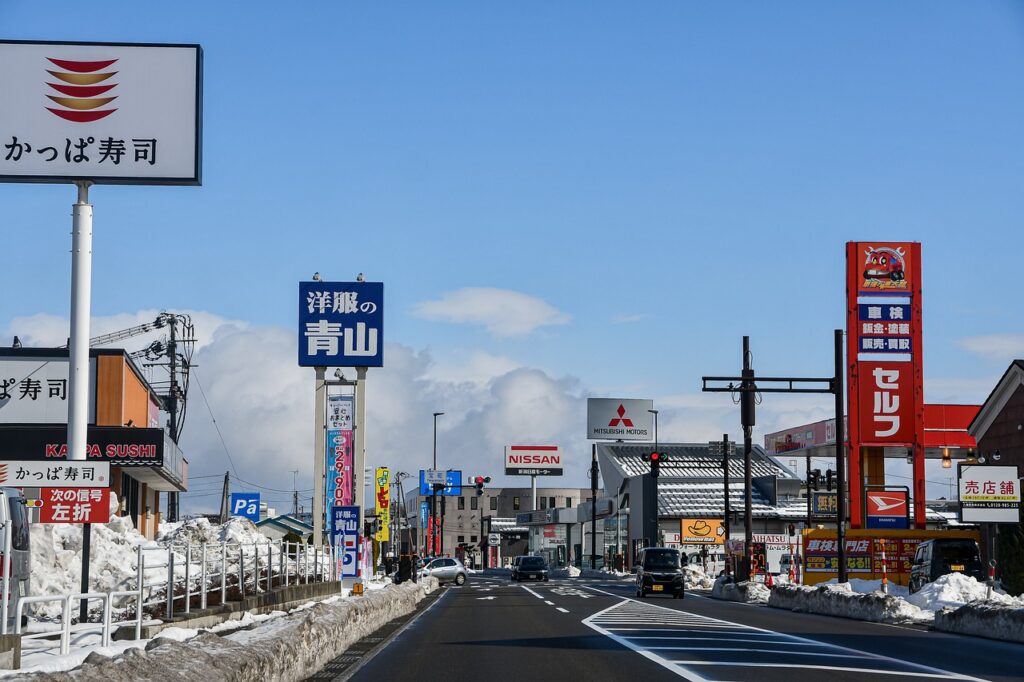When it comes to managing rental properties, landlords often rely on property management companies to handle various tasks. However, understanding the property management fees for landlords is crucial for making informed decisions. This article delves into the typical property management fees for landlords, what they cover, and how to choose the right management company.
1. Standard Property Management Fees
Property management fees for landlords are typically calculated as a percentage of the monthly rent. The industry standard is around 5%, but this can vary between 3% and 8% depending on the scope of services provided. For instance, if you own an apartment building with a total monthly rent of ¥800,000, a 5% management fee would amount to ¥40,000 per month. Here are the breakdowns of common types of property management fees for landlords:
Common Types of Property Management Fee
- Monthly Management Fee
- In Japan, the monthly management fee typically ranges from 5% to 10% of the monthly rental income. This fee covers general management tasks such as rent collection, tenant communication, and handling maintenance requests.
- Tenant Placement Fee
- Also known as a leasing fee, this one-time charge is for finding and placing a new tenant. In Japan, it is usually equivalent to one month’s rent or a percentage of the annual rent.
- Maintenance Fees
- These fees cover the cost of routine maintenance and repairs. Some companies charge a flat fee, while others bill you for each service call. In Japan, maintenance fees can vary significantly depending on the property type and location.
- Vacancy Fee
- Some property management companies in Japan charge a fee when the property is vacant. This fee can be a flat rate or a percentage of the rent, and it helps cover the costs of marketing the property and finding new tenants.
- Lease Renewal Fee
- This fee is charged when a tenant renews their lease. It can be a flat fee or a percentage of the monthly rent. In Japan, lease renewal fees are common and often negotiated at the time of the initial lease agreement.
2. Services Included in Management Fees
The basic services covered by property management fees for landlords usually include rent collection, lease renewals, and tenant move-out inspections. These tasks are essential for maintaining the property and ensuring a steady rental income. However, it’s important to note that not all services are included in the standard fee. For example, costs for repairs, maintenance, and tenant acquisition might be billed separately.
Check this article for more information: Guide to Management and Repair Fees


3. Choosing the Right Property Management Company
Selecting the best property management company involves more than just comparing fees. Here are two key strategies:
Balance Fees and Services: Ensure that the management fee aligns with the services provided. A lower fee might seem attractive, but it could result in higher overall costs if essential services are not included.
Compare Multiple Companies: Evaluate the plans and services of several management companies. This comparison can help you find a company that offers the best value for your specific needs.
Check our latest posts as well:
- Property Taxes and Other Fees in Japan
- Buying a Second Home in Japan
- Japanese Real Estate for Foreign Investors
- Japan Real Estate Market in 2025: Trends and Insights
- Condominium Yield: Effect of Purchase Price of property in Japan
4. The Myth of Low Fees Equals High Profit
While it might be tempting to choose a management company with the lowest property management fees for landlords, this approach can backfire. Lower fees often mean fewer services, which can lead to higher out-of-pocket expenses for landlords. It’s crucial to consider the total cost of ownership, including potential vacancy rates and maintenance costs.
The Hidden Costs of Low Fees
- Reduced Service Quality
- Companies that charge lower fees may cut corners to maintain profitability. This can result in poor tenant screening, delayed maintenance, and inadequate property inspections, ultimately leading to higher vacancy rates and tenant turnover.
- Increased Maintenance Costs
- Low-fee companies might not have the resources to handle maintenance issues promptly and effectively. Delayed repairs can lead to more significant problems and higher costs in the long run. In Japan, where property maintenance standards are high, this can be particularly problematic.
- Higher Vacancy Rates
- Poor management practices can lead to dissatisfied tenants and higher vacancy rates. The cost of finding new tenants and the loss of rental income during vacancy periods can quickly outweigh any savings from lower management fees.
- Legal and Compliance Risks
- In Japan, property management involves navigating complex legal and regulatory requirements. Companies with lower fees may lack the expertise to ensure full compliance, exposing you to potential legal issues and fines.
Check this article for more information: Comprehensive Cost Analysis: What to Expect When Purchasing Japanese Property


5. Additional Costs to Consider
Beyond the monthly property management fees for landlords, be aware of other potential costs:
Restoration Costs: These are incurred when a tenant moves out and the property needs to be restored to its original condition. For a one-room apartment, this can range from ¥100,000 to ¥150,0001.
Maintenance and Replacement Costs: Regular maintenance and replacement of fixtures and appliances are necessary to keep the property in good condition. These costs can vary widely based on the property’s age and condition.
6. The Role of a Good Management Company
A reputable property management company can significantly reduce the risk of vacancies and ensure that the property is well-maintained. They handle tenant complaints, perform regular inspections, and provide guarantees against rent defaults1. This comprehensive approach not only saves landlords time and effort but also helps maintain a steady rental income.
Conclusion
Understanding property management fees for landlords and the services they cover is essential for maximizing rental income. By balancing fees with the scope of services and carefully selecting a management company, landlords can ensure their properties are well-managed and profitable. Always remember to consider the total cost of ownership and not just the management fee when making your decision.


